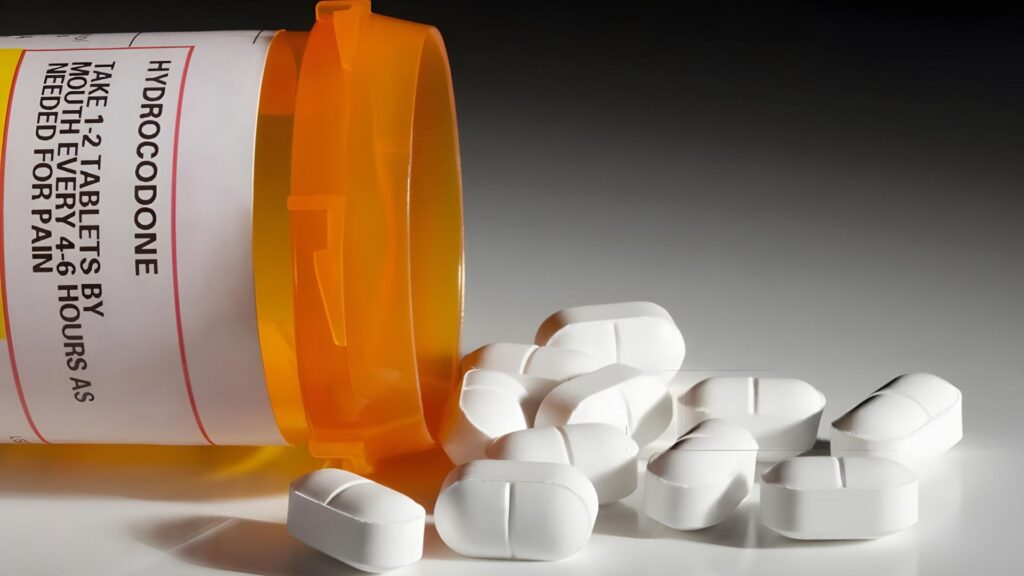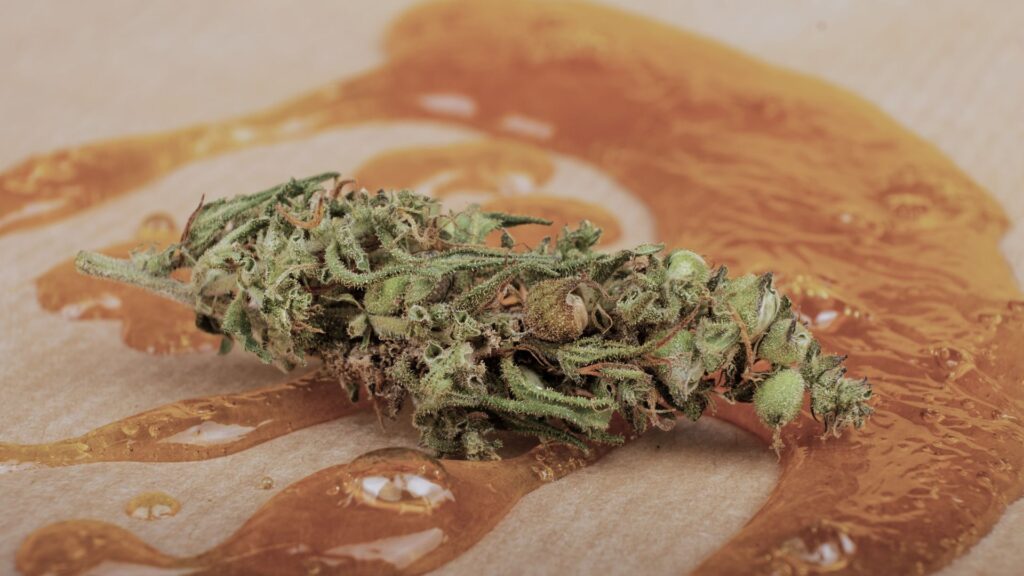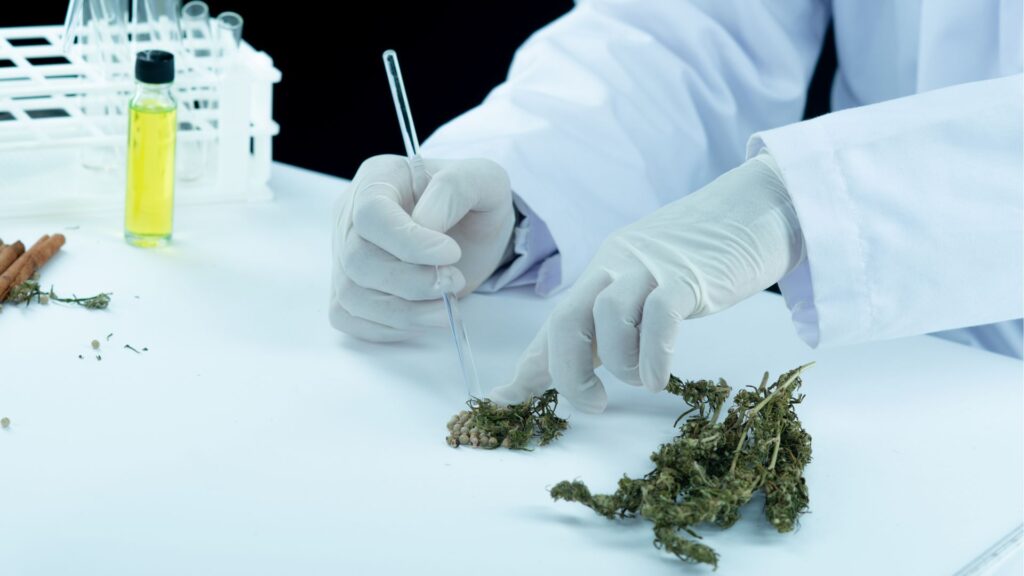Marijuana is one of the most widely used substances across the globe, often discussed for its effects on the body and mind. While many people use cannabis for its psychoactive effects, others may seek its potential therapeutic benefits, especially in managing neurological conditions like epilepsy.
But with marijuana’s growing popularity, questions about its safety have arisen, especially regarding its potential to induce seizures.
In this article, we will explore whether weed causes seizures, examining how it affects the brain, its interactions with seizure disorders, and its role in treating epilepsy.

Understanding Seizures: Causes and Types
Seizures occur when there is abnormal electrical activity in the brain. These disruptions can cause a range of symptoms, from subtle behavioral changes to severe convulsions. A range of factors, including epilepsy, brain injuries, infections, or neurological disorders, can cause seizures. For individuals with epilepsy, seizures are a chronic condition characterized by recurrent episodes of abnormal brain activity.
There are different types of seizures, each affecting distinct areas of the brain. Focal seizures, for example, begin in one part of the brain and may lead to localized symptoms like twitching or staring. Generalized seizures, on the other hand, involve both sides of the brain and can result in loss of consciousness and convulsions, such as tonic-clonic (previously known as grand mal) seizures.
Understanding the types of seizures is crucial when considering the effects of cannabis on the brain. Long-term cannabis use can alter brain chemistry and potentially impact neurological health.
For those struggling with regular marijuana use and concerned about its effects on brain function, seeking professional marijuana addiction treatment can be an essential step toward cognitive health and overall well-being.
The Role of Marijuana’s Composition in Seizure Response
Marijuana contains over 100 different compounds, but the two most notable are tetrahydrocannabinol (THC) and cannabidiol (CBD). THC is the psychoactive compound in cannabis, responsible for the “high” people experience when they consume marijuana. CBD, on the other hand, does not produce a high and has been increasingly studied for its potential therapeutic effects.
When it comes to seizures, THC and CBD have distinct effects on the brain. THC may increase risk of seizures, particularly in individuals with a predisposition to seizure disorders. Some studies suggest that THC can lower the threshold for seizures, making it easier for them to occur.
In contrast, CBD has shown promise in helping to control seizures. Research has suggested that CBD may have anticonvulsant properties and could help reduce the frequency and severity of seizures, especially in people with epilepsy.
Interaction of Marijuana With the Endocannabinoid System
The endocannabinoid system (ECS) plays a key role in regulating various physiological functions, including mood, appetite, and pain sensation. The ECS consists of receptors throughout the body, including the brain, where cannabinoids like THC and CBD interact to produce their effects.
Marijuana’s cannabinoids bind to these receptors, particularly in the brain’s areas controlling movement, coordination, and cognition. THC binds to CB1 receptors in the brain, affecting neurotransmitter release and increasing the likelihood of seizure activity.
CBD, however, interacts differently by modulating the ECS in a way that may reduce the risk of seizures. Studies have shown that CBD may act on different receptors in the brain, potentially helping to stabilize the electrical activity that leads to seizures, particularly in individuals with epilepsy.
Medical Marijuana: Treatment Approaches for Seizures
While marijuana’s recreational use raises concerns for some, medical cannabis use has garnered attention for its potential to treat certain neurological disorders. CBD has been the focus of most research into using cannabis for treating seizures.
The FDA-approved medication Epidiolex, which contains CBD, has been proven effective in reducing seizures in some people with severe forms of epilepsy, such as Dravet syndrome and Lennox-Gastaut syndrome.
Unlike THC, which can exacerbate seizures in some individuals, CBD has been shown to have anticonvulsant properties, offering a potential therapeutic solution for those who experience seizures that are difficult to control. However, it is essential to note that the use of medical marijuana, including CBD, should be closely monitored by healthcare professionals to ensure safety and efficacy.
Consulting a medical professional is essential before starting any cannabis-based treatment for seizures.

The Risks of Marijuana Use for People with Seizures and Addiction
While marijuana offers potential therapeutic benefits, particularly in managing certain medical conditions, its use is not without significant risks, especially for individuals with seizure disorders. THC, the psychoactive compound in marijuana, can have negative effects on the brain, particularly in people with epilepsy or other neurological conditions.
High-potency cannabis or excessive THC use can increase the risk of seizures, especially in those with a history of uncontrolled use or underlying brain disorders.
While CBD, another compound in marijuana, is less likely to induce seizures and may offer therapeutic benefits for seizure control, caution is still required. Marijuana can interact with other medications and may produce unintended side effects, complicating the management of seizure disorders.
Additionally, marijuana use can lead to dependency and addiction, which can complicate the management of health conditions like epilepsy. Habitual marijuana use can disrupt seizure control and worsen health outcomes, especially for individuals who use marijuana as a form of self-medication. The addictive properties of marijuana must be carefully considered, particularly for those with a history of substance or drug abuse.
Final thoughts from Radix Recovery
At Radix Recovery, we understand the complexities of marijuana addiction and its impact on mental and physical health. Our marijuana rehab programs in Cedar Rapids, Iowa, are designed to help individuals overcome marijuana dependency, with a focus on providing the necessary support to manage withdrawal, mental health, and addiction recovery. Our personalized treatment plans help individuals reclaim their lives and work towards long-term recovery.
